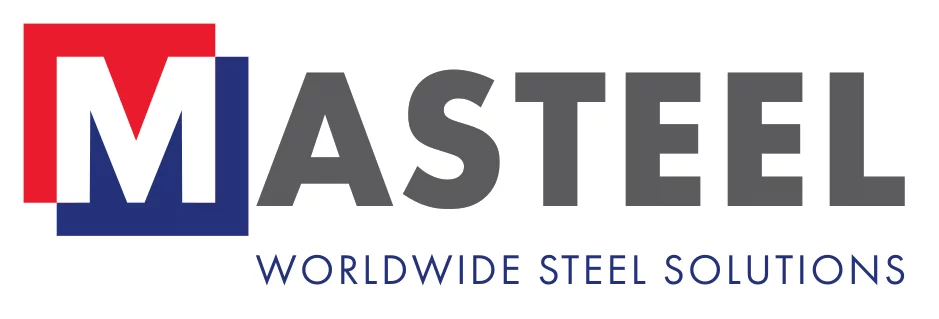Steel is commonly alloyed by suppliers in order to provide consumers with the most effective metal for their application. This blog post will outline some of the most common alloying elements used by steel suppliers.
Nickel (Ni)
Nickel is used by steel suppliers to promote an austenitic microstructure. Austenitic stainless steel is created with nickel compositions of more than 8% in addition to over 18% chromium composition. Austenitic stainless steel benefits from greatly improved corrosion resistance, as the corrosion state is reduced, making these steels useful in acidic environments.
Nickel can also be used for martensitic grades, which improves weldability when combined with a reduced carbon content. The use of nickel also improves the mechanical properties of steel, increasing the toughness and ductility.
Chromium (Cr)
Chromium is the most common alloying element for steel, and it is used in percentages of over 11% for stainless steel. This element provides stainless steel with its high level of corrosion resistance and prevents oxidation in many conditions.
Steel suppliers also use chromium as it improves the mechanical properties of the metal. Just small amounts can increase the strength and hardness of the steel.
Molybdenum (Mo)
Like chromium, molybdenum greatly improves the resistance of the steel to corrosion. Molybdenum also promotes a ferritic microstructure, but it increases the risk of the formation of secondary phases in ferritic, duplex, and austenitic steels. This element can also improve the tensile strength, hardenability, and toughness of steel.
The hardenability is improved as molybdenum lowers the quench rate required during the heat treatment process to make hard steel. The element also reduces the risk of steel pitting, as the resistance to chloride-induced corrosion is improved.
Vanadium (V)
Carbide and nitrides are formed at lower temperatures when vanadium is added. These carbides are used to keep the grain size of the steel small, as they block the formation of the grains. The finer grain structure helps to increase the ductility of the steel.
Vanadium increases the hardness and strength of martensitic steels due to the effect it has on the type of carbide present.
Manganese (Mn)
Manganese is often used to improve the hot ductility of steels. It is employed to help with the heat treatment process of steels to improve hardness and strength. A quench usually has to be performed rapidly to obtain the desired mechanical properties. This fast quench can cause the process to become unstable.
Manganese enables the strength and hardness to be enhanced to the same level, but at a lower quench rate. This reduces the risk of deformations.
The effect this element has on the ferrite/austenite balance differs depending on the temperature the steel is used in. At lower temperatures, manganese is an austenite stabilizer, and at higher temperatures, it is a ferrite stabilizer.
Alloyed Steels from Masteel
Masteel is a global steel supplier, that provides a range of alloyed steels for various applications. If you would like some more information about the elements used in our steels and the purpose they provide, please contact us.

